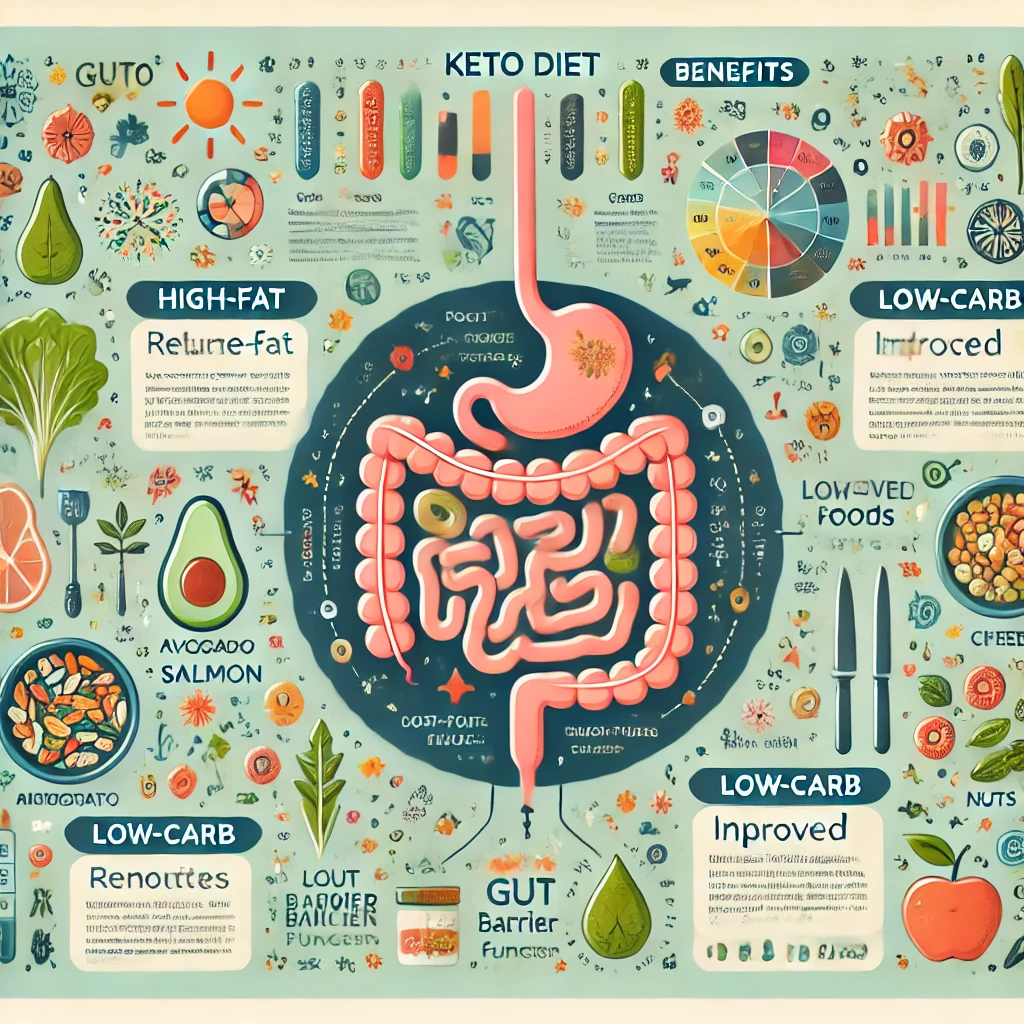Honey In The Sunnah: A Prophetic Gut Remedy, Backed By Science
Honey isn’t just a pantry staple; it’s a cherished remedy from the time of the Prophet Muhammad ﷺ, with roots that run deep in Sunnah practice and modern therapeutic science. I’ve seen firsthand how just a teaspoon of raw honey in the morning can work wonders for my gut, and I’m far from alone in … Read more






